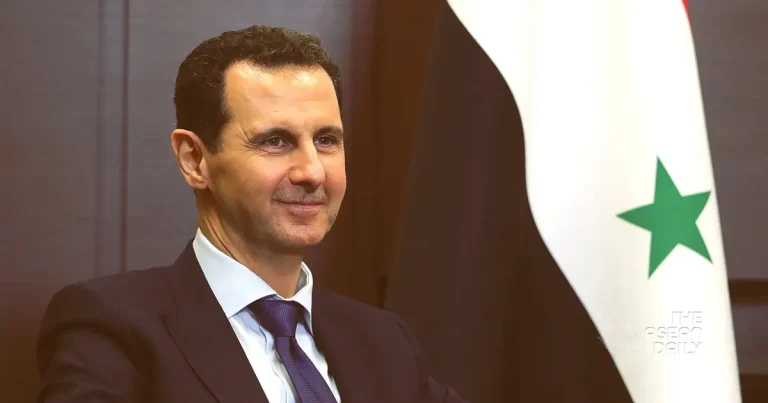16-12-2024 (MOSCOW) Former Syrian President Bashar al-Assad has broken his silence following Damascus’s fall, asserting he never planned to seek refuge in Russia, according to a controversial statement posted on the Syrian presidency’s Telegram channel.
In the purported message, released Monday in both Arabic and English, Assad details the tumultuous events of 8 December that led to his departure from Syria. The authenticity of the statement remains uncertain, as questions linger over the channel’s current administration.
According to the account, Assad claims he travelled to the Russian-operated Hmeimim airbase in Latakia province to “oversee combat operations” as Damascus fell to opposition forces. Upon arrival, he reportedly discovered Syrian forces had abandoned their positions whilst the base faced “intensified drone strikes”.
The former leader maintains his eventual evacuation to Moscow was orchestrated by Russian authorities due to deteriorating security conditions at the base. “With no viable means of departure, Moscow instructed base command to arrange immediate evacuation”, the statement reads.
Assad’s whereabouts had been subject to intense speculation after his conspicuous absence during the swift rebel advance that saw Syrian territories fall within a fortnight. His sudden disappearance even left his prime minister unable to establish contact during the capital’s capture.
Whilst Russian media confirmed Assad’s asylum on 9 December, official verification remains pending from Moscow. The former president’s statement appears to push back against suggestions of a premeditated escape, insisting that “at no stage did I contemplate resignation or asylum”.
Meanwhile, opposition forces, led by Hayat Tahrir al-Sham (HTS), continue establishing transitional governance structures. HTS, which evolved from the al-Qaeda-linked Jabhat al-Nusra, has promised religious tolerance under its leader Ahmed al-Sharaa, though international powers maintain its terrorist designation.
The group’s pledges of moderation face scrutiny given its militant origins, even as it works to consolidate control over newly-captured territories. Whilst al-Sharaa promotes inclusivity, many observers remain sceptical of the organisation’s capacity for democratic governance given its radical past.




